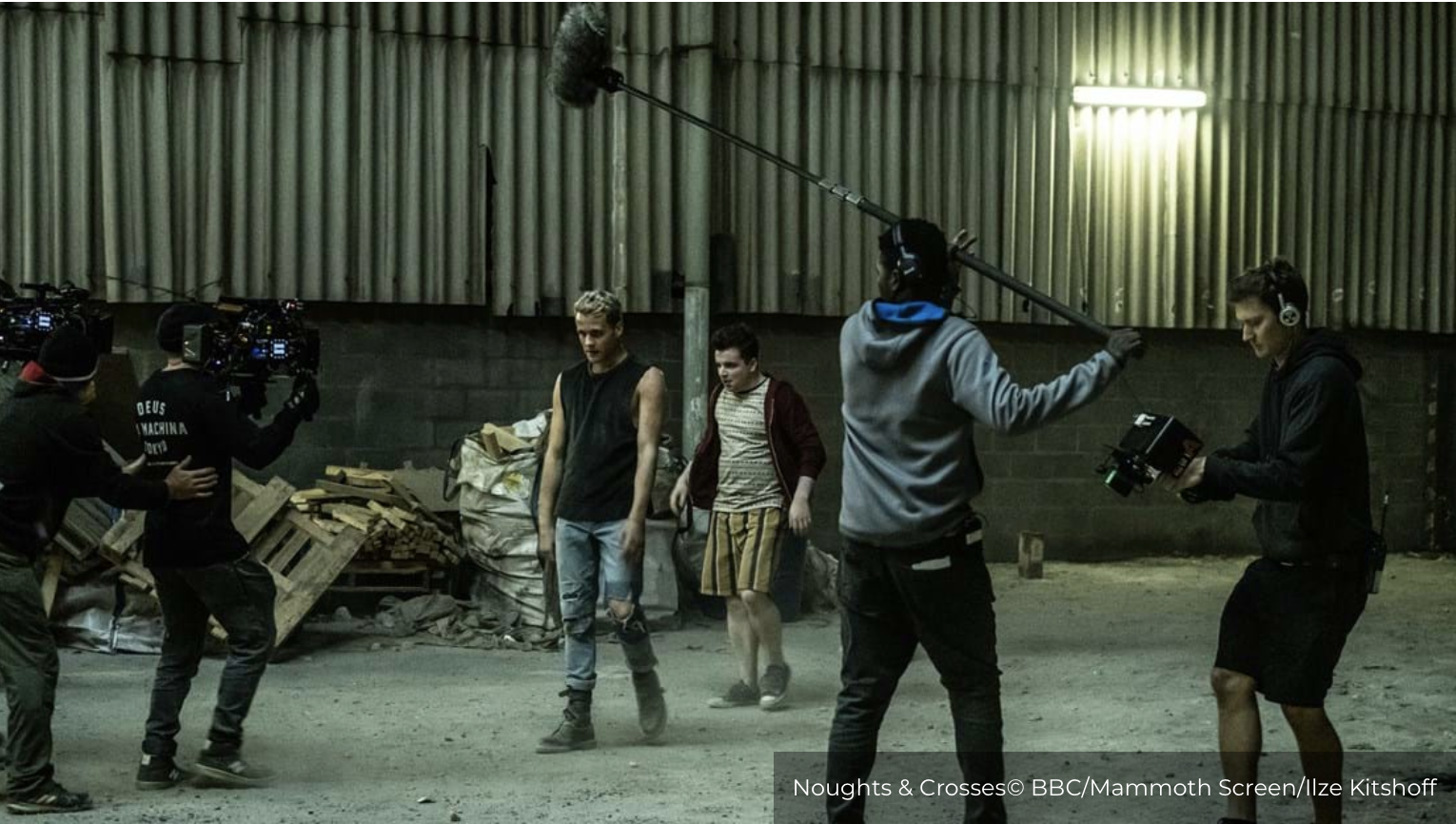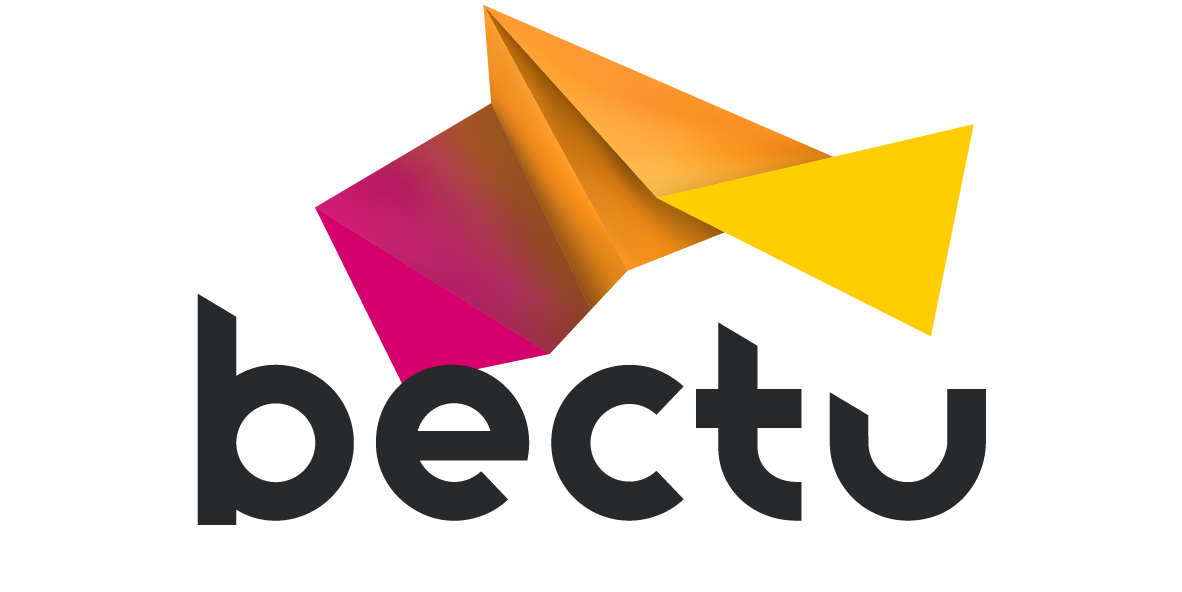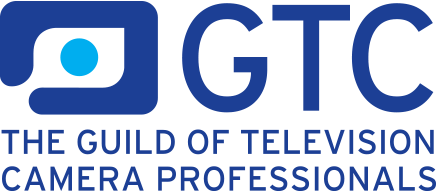Safe return to work
 Photo from ScreenSkills site
Photo from ScreenSkills site
As the first tentative steps are taken towards lifting the COVID-19 lockdown, industry organisations are urgently working to devise safe work practice guidance that will enable at least some productions to get back underway.
BECTU has p ut together a Film & TV recovery plan and compiled this useful page of related resources: https://bectu.org.uk/topic/health-and-safety-covid-19/, including Health & Safety rights and wellbeing.
ut together a Film & TV recovery plan and compiled this useful page of related resources: https://bectu.org.uk/topic/health-and-safety-covid-19/, including Health & Safety rights and wellbeing.
 Meanwhile, ScreenSkills has been busy too, announcing:
Meanwhile, ScreenSkills has been busy too, announcing:
New training is being fast-tracked to help film and high-end television (HETV) return safely to production.
The training is being developed in response to the new challenges facing an industry that saw at least £426 million worth of productions postponed or suspended when social distancing, then lockdown, were announced. The intention is that basic training will be ready to roll out within weeks and that crew members will undertake the training before they return to set or location.
ScreenSkills is partnering with Skills for Health, a not-for-profit organisation that is well-known within the health sector and is already working with the NHS and other sectors to provide training for the COVID-19 crisis, and First Option, established safety consultants to the entertainment industry, to ensure expert input in delivering health and safety solutions for the screen industries.
The work is being supported by the ScreenSkills HETV Skills Fund with contributions from HETV productions and the BFI, awarding National Lottery funds as part of its Future Film Skills strategy.
Back to work safely
The immediate aim is to ensure everyone working on a production, irrespective of their role, has access to basic health and safety understanding to operate in the context of COVID-19.
ScreenSkills is also exploring developing additional more detailed training for those with departmental or management responsibility to ensure productions operate within industry-designed best practice and government guidance. This includes what training might be necessary for those with specific COVID-19 responsibilities on set.
The consultation on the new guidance, developed for film and HETV by an industry working group convened by the British Film Commission (BFC) as part of the BFI’s Screen Sector Task Force, concluded last Friday with publication to be before the end of the month, subject to government approval. Senior members of the ScreenSkills team, including Gareth Ellis-Unwin, head of film and animation and an experienced producer of films at many scales (The King’s Speech, Zaytoun, Kajaki: The True Story, Steel Country), have contributed to the development of the guidelines and the training will be based upon them.
Online training
The basic level of training will be delivered online and free. ScreenSkills is devising a model where participants will be able to demonstrate to productions that they have successfully undergone the training. Although key elements are likely to be similar to those required by other industries from construction to catering, the training will be tailored to equip crew members with the knowledge they need to keep themselves, their colleagues and their environment as safe as possible within the pressurised and often high-contact context of set and/or location.
Seetha Kumar, ScreenSkills’ Chief Executive, said:
“As the leader in skills and training for the UK’s screen industries, we are already working closely with colleagues to support the return to production by identifying standards and delivering training to reflect all the new challenges COVID-19 has created. Ensuring crew can work as safely as possible is the overriding aim of the industry, and we believe the new guidance, backed up by the training, can enable that...We will work swiftly to support the industry in what it needs to know and do to get back to work while operating safely in the new environment. The numbers of people and equipment and the often close physical contact involved in making film and television means we must all work together to make sure any risks are managed and minimised.”
Christine Healy, Chair of the ScreenSkills HETV Skills Fund and Head of Production, New Pictures, said:
“The HETV industry is working hard to put in place the steps needed to get back into production as soon as we are able. Having a clear source of simple but necessary information for freelancers to access on the basic principles of working under new conditions will be hugely useful, and I am pleased ScreenSkills is taking a lead on developing and curating these much-needed resources. We’ve got to make sure we are giving our workers information so that they know how to stay safe and well in this changed filming environment.”
Iain Smith, Chair of the ScreenSkills Film Skills Fund and founder of Applecross Productions, said:
“The impact on different departments in production will vary. Being a location manager on the periphery of a shoot will be different from being a focus puller working close to a camera operator and actors. Everyone is going to have to understand not only what they must do to stay safe, but the impact of their actions on the cast and crew around them. I am really pleased that ScreenSkills is taking the lead in putting together the vital training the industry needs and supporting the return to work.”
Candace Miller, executive director at Skills for Health said:
“It is a real pleasure to be working with ScreenSkills on this important development. Our work in the health sector has shown just how critical it is that everyone has the understanding they need to work safely within the changed working conditions that Covid-19 has brought across all sectors of our economy. This training is integral to ensure that production processes can get back on-stream, confident that every member of the team has the skills and knowledge they need to adapt to new ways of working.”
Paul Greeves, managing director of First Option, said:
“We’re delighted to be working with ScreenSkills and the other partners to develop this much needed training to enable the production sector to get back to work. Working safely under the threat of this disease will require new thinking and new ways of working across all aspects of the production process and everyone involved will need the right information and knowledge to play their part in that.”
Leigh Adams, the BFI’s director of education and skills, said:
“The work that ScreenSkills is doing to provide training and resources for those working in film and TV production as it moves into restart mode is a vital part of the recovery plan for the industry and reflects the importance the UK is placing on people being able to work on productions of all sizes, both safely and with confidence.”
Separate work is under way in unscripted television to produce a package of support for programme makers producing content during lockdown. The core objective of this package is to share existing good practice, ingenuity and tech innovation, via case studies. This work is being supported by the TV Skills Fund, with contributions from the BBC, Channel 4 and Channel 5.
Next week ScreenSkills will host a discussion about practical solutions to some of the challenges of returning to production.






.jpg?width=50&height=50&mode=crop)







.jpg)
